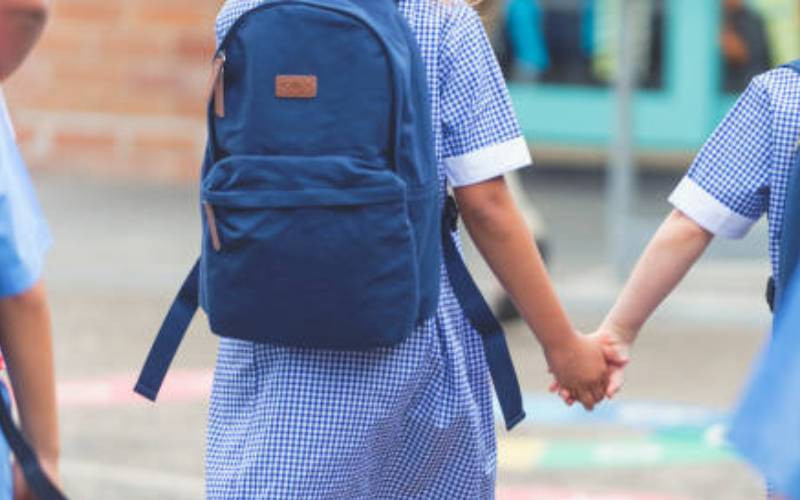×
The Standard e-Paper
Fearless, Trusted News

Counties may soon have distinct colours for school uniforms for all learners within their regions in radical new proposals that will regulate the outfits in learning institutions.
And parents will decide where to buy school uniforms that are now being proposed to be of same quality across the country.